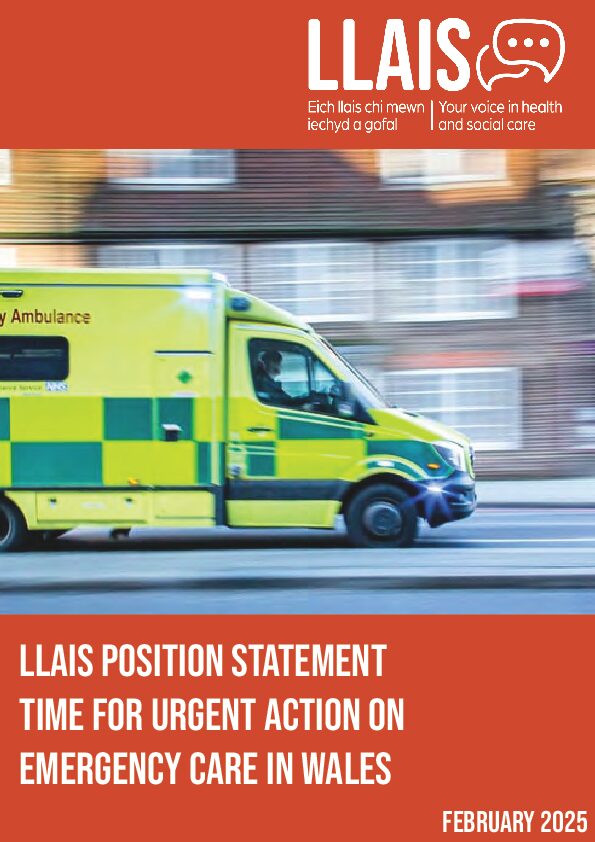This weekend marks the start of the big return to university, when an estimated 2.38 million* UK students, 400,000 of whom are new starters this year (2,200 more than last year**) will be hitting the roads countrywide. Sales of pasta are likely to go through the roof and students will be struggling to fit unnecessary objects and items of clothing that haven’t seen daylight for years into the back of the car, and ultimately into a room barely big enough to swing a cat.
Toyota has put together some top tips for university moving-in day, from what to bring, to how to get there safely (along with the one-year supply of instant noodles packed in the back of the car).
Moving in day student check list
- Check, check and check again – make sure you have the keys, necessary documents and a moving-in time slot if needed (which is likely to be required for first year students during the current climate). There’d be nothing worse than arriving at university for the first time with a full car, to learn you haven’t booked a slot, so can’t move in until the following weekend, or the estate agent is shut so you can’t collect your keys.
- Pack enough (but not too much) – forget the SUP (stand up paddleboard) and giant panda. Student rooms tend to be not much bigger than a wardrobe, so be ruthless. If you don’t wear or use it, don’t bring it.
- Remember the new normal – take masks and sanitiser for visits to the shop and everywhere else and keep some for the journey. Some universities are restricting the number of people who can accompany a student moving in to just one, but at least this means a potential reduction in the family embarrassment factor.
- Use a satnav and know the uni residence postcode and address – every city is different and if it’s your first time driving there, “I’m sure there will be clear signs for it,” probably won’t cut it. It will also be useful to know where you can park while you unload the car.
- Moving-in time trials – some universities are allocating as little as 20 minutes for helpers to complete the move-in, say their goodbyes and get back on the road, so be ready to swing into action and offload as if you’re in a Grand Prix pit stop.
- The food shop – it’s a good idea to go and do the first food shop in your new area while you have a helper and car available. This gives you a chance to fill the fridge with fresh ingredients that you later realise you don’t know how to cook.
Driving tips for the family taxi service
- Check the weather forecast – this is a crucial part of pre-departure checks. Heavy rainfall or high winds mean driving speed should be reduced and longer journey times anticipated. On the other hand, on sunny days it’s important to remember that if the sun’s behind you, it’s in the eyes of those coming towards you and if the sun’s in your eyes it’s probably blinding drivers following you too.
- Essential vehicle checks – a recent Toyota survey*** showed that 20 per cent of drivers don’t check their car’s oil, water, tyres and fuel levels before setting off, yet this is essential to prevent avoidable emergencies.
- Look out for other road users and pedestrians – the motorways are likely to be a sea of cars full of Ikea bags, bedding and anything else they can cram in, potentially leading to drivers having impaired visibility. The recent Toyota survey showed that 30 per cent of people said they either always or sometimes have poor, or no visibility through the rear or side windows.
- Plan your route and check online for latest traffic advice – check uni websites for advice on local traffic during moving-in weekends, and visit Highways England for news of major motorway road works.
- Finally, if your emotions are likely to get the better of you when leaving your beloved student, take your time and don’t hit the motorway until you feel in control – you won’t want to make any necessary emergency driving manoeuvres while experiencing a tsunami of tears.
Help keep news FREE for our readers
Supporting your local community newspaper/online news outlet is crucial now more than ever. If you believe in independent journalism, then consider making a valuable contribution by making a one-time or monthly donation. We operate in rural areas where providing unbiased news can be challenging. Read More About Supporting The West Wales Chronicle

























